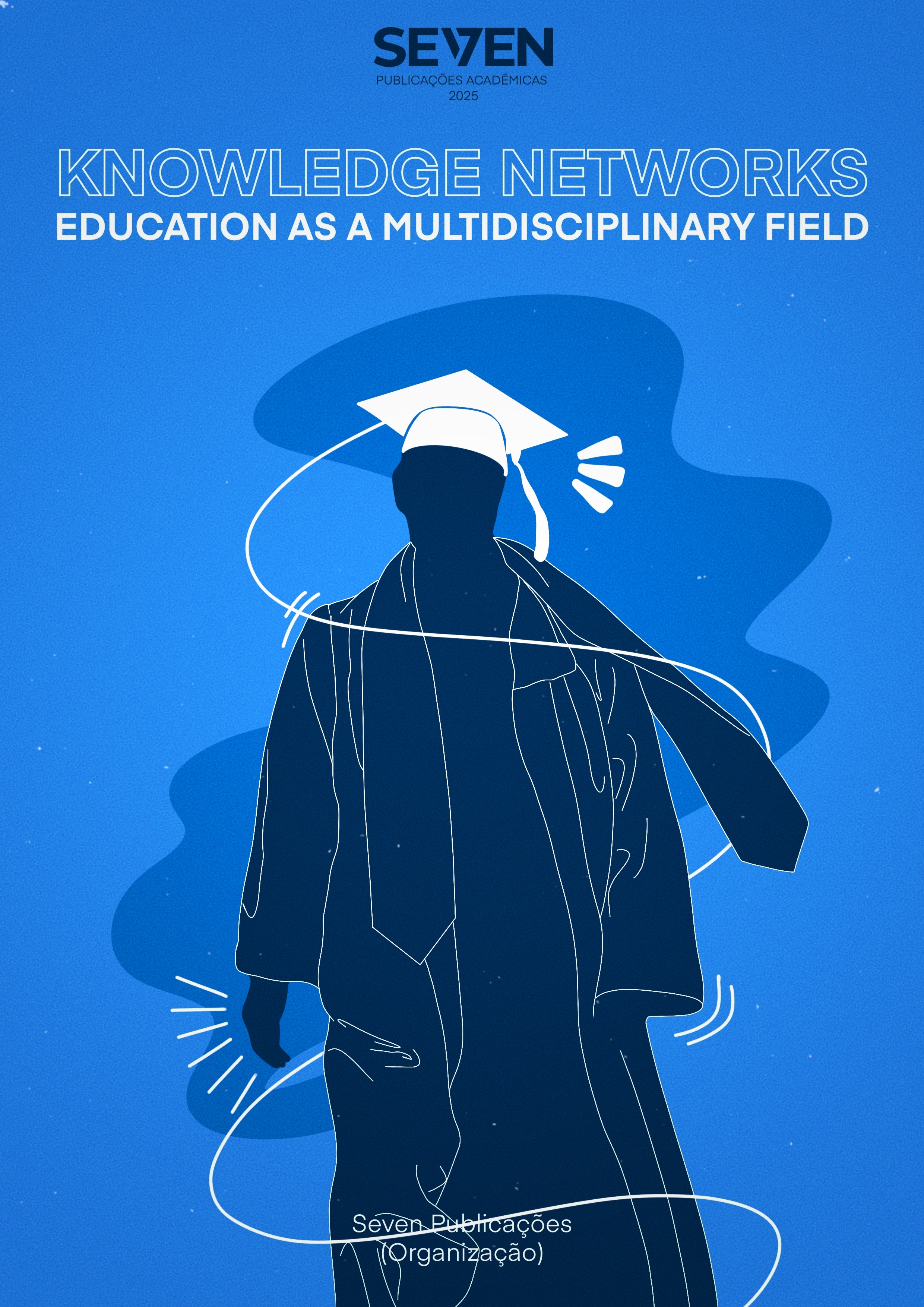TRAINING EXPERIENCES IN BASIC EDUCATION OF INDIGENOUS STUDENTS IN AMAZONAS
Keywords:
Indigenous Education, Schooling Trajectories, Decolonial Cartography, Restricted Mobility, AmazonasAbstract
This study explores the schooling trajectories of 50 indigenous students enrolled in the first cohort of the Licenciatura Intercultural Indígena at UEA – Tefé Polo (Amazonas, Brazil), focusing on Early Childhood Education, Elementary (I and II), and Secondary levels. Using a qualitative case study approach, data were collected through an online survey with closed and open questions. Content analysis assessed whether participants attended indigenous or non indigenous schools, mapped their formative multilocalities, and examined educational access networks. Results reveal that most students completed their entire basic education within the same municipality or community, resulting in territorially restricted trajectories that precluded meaningful flow mapping. Instead, the study details school types, challenges faced (e.g., inadequate infrastructure, discrimination, food insecurity), and the meanings students attributed to their educational paths. While objectives related to identifying school types and learning conditions were fully achieved, the goal of mapping territorial flows could not be met. The discussion engages with decolonial theory, situated epistemologies, and critical pedagogy, highlighting the role of symbolic mobility and place attachments in indigenous education. Findings offer insights for the development of intercultural education policy and teacher training in Amazonian indigenous contexts.
Downloads
Published
Issue
Section
License
Copyright (c) 2025 Edilza Laray de Jesus

This work is licensed under a Creative Commons Attribution-NonCommercial 4.0 International License.





